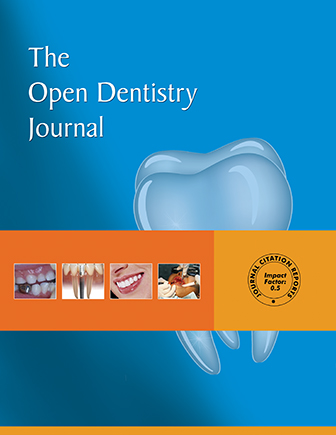All published articles of this journal are available on ScienceDirect.
Expanding the Grading of Recommendations Assessment, Development, and Evaluation (Ex-GRADE) for Evidence-Based Clinical Recommendations: Validation Study
Abstract
Clinicians use general practice guidelines as a source of support for their intervention, but how much confidence should they place on these recommendations? How much confidence should patients place on these recommendations? Various instruments are available to assess the quality of evidence of research, such as the revised Wong scale (R-Wong) which examines the quality of research design, methodology and data analysis, and the revision of the assessment of multiple systematic reviews (R-AMSTAR), which examines the quality of systematic reviews.
The Grading of Recommendation Assessment, Development, and Evaluation (GRADE) Working Group developed an instrument called the GRADE system in order to grade the quality of the evidence in studies and to evaluate the strength of recommendation of the intervention that is proposed in the published article. The GRADE looks at four factors to determine the quality of the evidence: study design, study quality, consistency, and directness. After combining the four components and assessing the grade of the evidence, the strength of recommendation of the intervention is established. The GRADE, however, only makes a qualitative assessment of the evidence and does not generate quantifiable data.
In this study, we have quantified both the grading of the quality of evidence and also the strength of recommendation of the original GRADE, hence expanding the GRADE. This expansion of the GRADE (Ex-GRADE) permits the creation of a new instrument that can produce tangible data and possibly bridge the gap between evidence-based research and evidence-based clinical practice.


